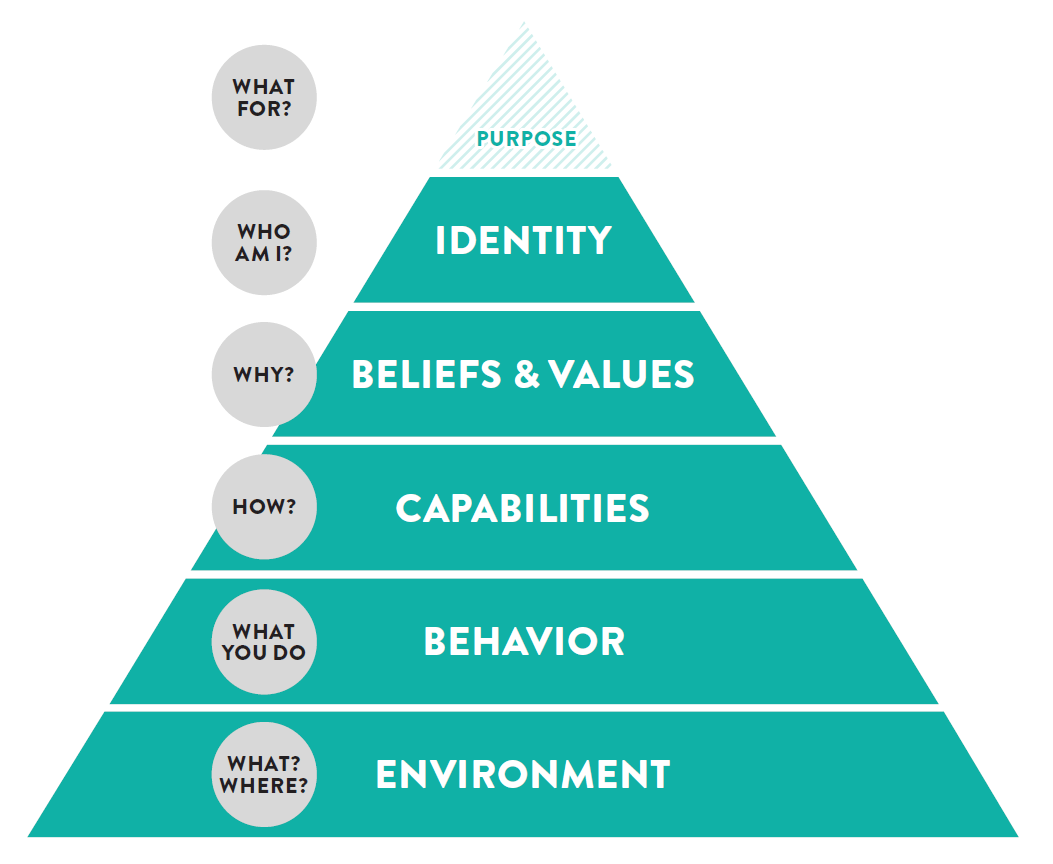
63+ open-ended questions for your sales coaching
Great sales coaches are the critical multiplier for sales performance, and open-ended questions are one of the most powerful tools in the coaching toolbox.
Coaching does not tell salespeople what they should be doing, but helps them to discover it themselves. When salespeople discover their own needs, goals, strategies, weaknesses, and strengths, they become invested in execution on those discoveries.
Open-ended questions are one of the most effective ways to help salespeople make these discoveries, and they can be used in every type of coaching session, and at multiple levels of change.
Here is a sampling of more than 63 open-ended sales coaching questions every manager should be equipped with.
9 open-ended questions for strategy sessions
Sales coaches should help their salespeople understand the company’s sales strategy, and to align their personal strategy with it so that they feel ownership and responsibility to it. These nine open-ended questions can help.
- What will success look like for you and the company?
- What is the main outcome you would like to achieve?
- How will you know you’ve reached that outcome?
- Will these outcomes make you a better salesperson?
- What will need to happen before…?
- What stands in the way of…?
- Interesting… tell me more about that.
- Which clients do you find most valuable, and why?
- Which deals and accounts should you have stayed away from, if any?
9 open-ended questions for skills and attitude coaching
Building skills and improving team attitudes is an important aspect of sales coaching. These nine questions can help.
- Would your customers pay to access your knowledge? Why or why not?
- What value do you bring to a prospect’s business?
- What skill or knowledge do you need to achieve…?
- What will make you go the extra mile to achieve…?
- What could you be doing differently to be more effective?
- What would you like to do more or less of? Why?
- What has to happen next to work toward…?
- Which skills or resources must you add to move toward your next goal?
- How did your competition outsmart you in the last deal you lost? How can you prevent that this time?
9 open-ended questions for discussing pipelines
Pipeline coaching helps salespeople become clear about the actual state of their pipeline, and develop strategies for improving it. Here are nine questions that can help.
- How is your pipeline doing? Are you happy with its size and health? How would you like it to be different?
- How come your pipeline includes these specific deals?
- Which opportunities in your pipeline aren’t as promising as you initially thought?
- What has to happen to put more opportunities in the pipeline?
- What are you assuming here? Could another assumption be valid?
- What happens if this large deal goes silent?
- When should we meet to look at your progress on this?
- If we look at your win rate, deal size, and sales cycle, how can you improve?
- Which stage of the pipeline is the hardest one to move through?
9 open-ended questions for opportunity and account planning
When coaching salespeople on individual opportunities and account growth planning, these nine questions can help.
- Why should the prospect even care about this?
- What would cause them to do nothing? How strong is the incumbent?
- How can you reach the people you want to talk to?
- Who would you really like to have on your side?
- How can you get them on your side?
- Is there anything you need from me or the company to…?
- How will the competition try to blow us out of the water? How can you prevent it?
- Who are you talking to? Who should you be talking to?
- What would make the customer leave the status quo to choose your solution? What might cause them not to?
9 open-ended questions for call planning
Call planning sessions can help prepare salespeople to make the most of each conversation, especially on key accounts. Here are nine open-ended questions for coaches to ask.
- What is your next action to progress toward…?
- What have you tried so far? What else could you try?
- What is the likelihood of X happening?
- What would you say if she said X?
- Okay, how does that lead to…?
- What would they need to believe/assume/predict?
- Who will be on the call? Who should be on the call that is not?
- What kind of support can you get from an internal stakeholder in this meeting?
- What questions may be asked to shoot you down on this call?
9 open-ended questions to help improve sales environment
Neurolinguistic programming (NLP) identifies six levels of change that can impact performance and behavior. The easiest level to change is environment, and the hardest is purpose. The more challenging levels are also the most impactful.

When coaching salespeople, sometimes problem areas can be addressed by understanding what levels of change would improve performance and then asking open-ended questions about that level. Here are some examples of questions that can help salespeople identify problems in their environment and make necessary changes.
- What aspects of the work environment are holding you back?
- What, in your environment, might you/we add to help you perform better?
- What else can we do to support you?
Open-ended questions to change behavior
The next level of change in NLP is behavior. Here are questions that can help with this layer of change.
- What actions can you take to improve this part of your performance?
- Which actions should you be engaging in more often?
- What are you doing that may be holding you back?
Open-ended questions to improve capabilities
Capabilities are the next level of potential change, and these questions can help.
- What skills do you need to meet your next set of goals?
- How can you improve the skills you need to achieve this goal?
- Which capabilities you’re lacking that are holding you back?
Open-ended questions to address beliefs and values
Beliefs and values can be very hard to change, but the right changes can create major positive shifts in performance. These questions can help.
- What do you need to believe about yourself to progress toward your goals?
- What were you told in your childhood that you still believe that perhaps aren’t true?
- What harmful beliefs about yourself may be holding you back?
Open-ended questions about identity
The second hardest and second-most-impactful level of change is changes to a person’s sense of identity. Asking these questions can help salespeople shift their sense of identity to one more supportive of their success.
- How do you describe yourself?
- How would you like others to describe you?
- In what ways might “who you are” be holding you back from who you want to be?
Open-ended questions to identify and shift the sense of purpose
The highest level of change in NLP is purpose. It is tough to get anyone to change their sense of purpose. Yet, it can also be powerful when the shift helps align the person to what they want to accomplish. Here are some questions to help.
- What is your purpose in life?
- How does that align with what you’re doing now?
- Is there anything holding you back from pursuing your life’s purpose?
Conclusion
Open-ended questions are one of the most powerful tools in a sales coach’s arsenal. I hope this list helps your coaches have more effective coaching conversations. Are there any you would add to the list? I’d love to hear about it.

By George Brontén
George is the founder & CEO of Membrain, the Sales Enablement CRM that makes it easy to execute your sales strategy. A life-long entrepreneur with 20 years of experience in the software space and a passion for sales and marketing. With the life motto "Don't settle for mainstream", he is always looking for new ways to achieve improved business results using innovative software, skills, and processes. George is also the author of the book Stop Killing Deals and the host of the Stop Killing Deals webinar and podcast series.
Find out more about George Brontén on LinkedIn







